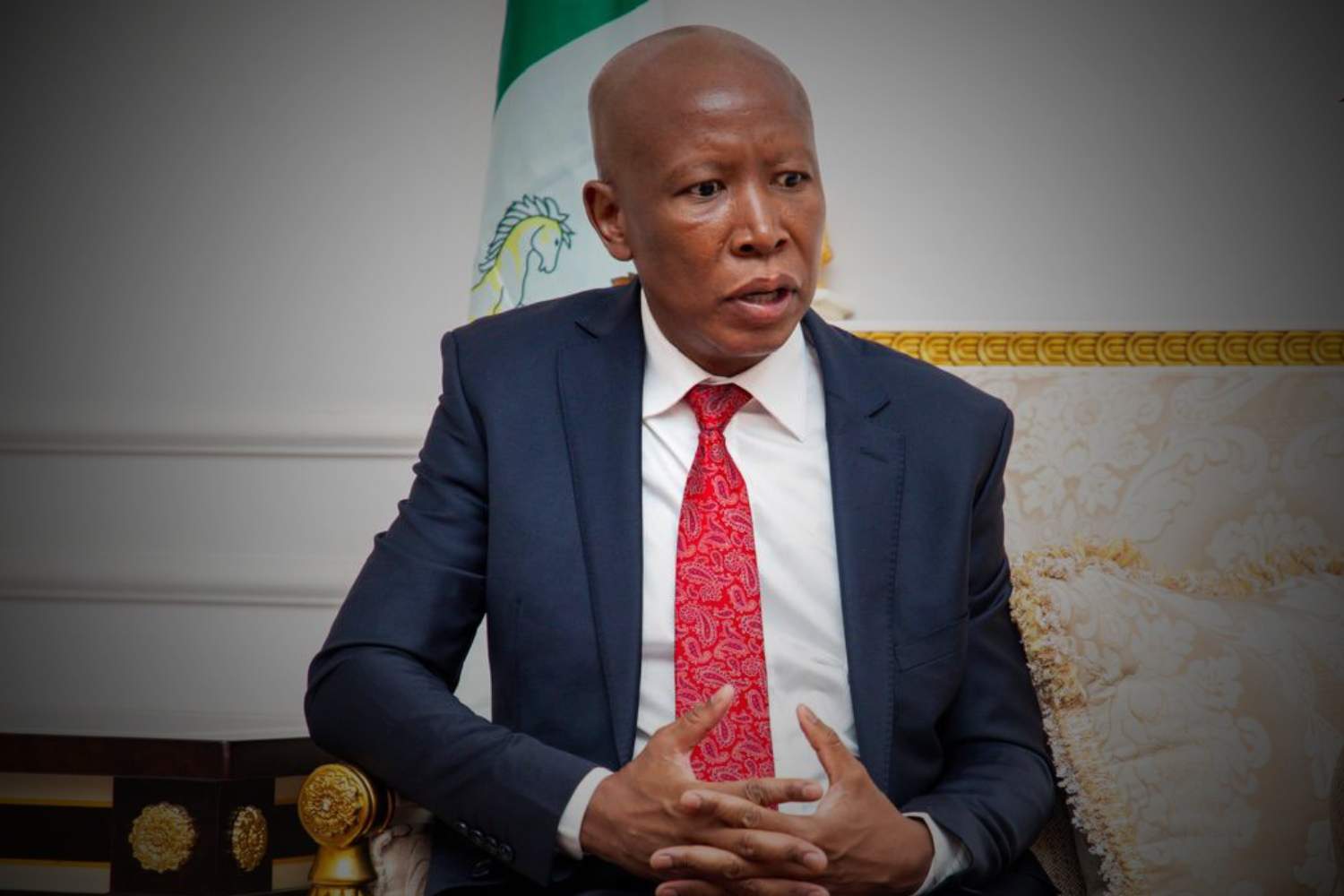The Equality Court in Cape Town on Wednesday found EFF leader Julius Malema guilty of hate speech.
Julius Malema found guilty of hate speech in Cape Town
According to the court, Malema made statements at a political rally that encouraged violence and hatred toward white people.
According to the SA Human Rights Commission (SAHRC), the case followed two complaints against Malema – one lodged by the SAHRC itself, and another by an individual who said he had been threatened as a result of Malema’s speech.
The remarks in question were made at an Economic Freedom Fighters (EFF) rally in October 2022, two years after tensions between the party and residents at Brackenfell High School.
What Malema said at the rally
During the rally, Julius Malema told supporters:
“Tell that white man to try me. I’ll come many times here in Western Cape, appearing [in] a court case, because no white man is going to beat me up and [I] call myself a revolutionary the following day. You must never be scared to kill. A revolution demands that at some point there must be killing because the killing is part of a revolutionary act.”
Judge Mark Sher, in his ruling, said Malema had “demonstrated a clear intention to incite harm and to promote or propagate hatred.”
He added that these statements were hate speech, which goes against the provisions of South Africa’s Equality Act.
Understanding hate speech and the Equality Court
Hate speech is any public statement that promotes or encourages hatred, discrimination, or violence toward a person or group based on race, gender, religion, or other protected characteristics.
In South Africa, the Equality Court handles these cases. Its main goal is to stop the harm caused and prevent it from happening again, rather than to punish the speaker harshly.
The Equality Court can impose a variety of civil remedies under the Promotion of Equality and Prevention of Unfair Discrimination Act (PEPUDA).
These remedies may include:
- Public apology: Malema could be ordered to issue an unconditional, public apology to the complainants or affected group, either in writing or orally.
- Damages and compensation: The court may require payment to cover emotional pain, psychological suffering, and any financial loss caused.
- Prohibitive interdict: Malema could be legally barred from repeating similar statements.
- Removal of online content: Statements made on the internet or broadcast may be ordered removed by service providers.
- Community service: He could be asked to perform service that promotes equality and addresses harm caused.
- Referral to other bodies: The court may send the matter to the SAHRC or recommend mediation.
In serious cases, the Equality Court may also refer a matter to the Director of Public Prosecutions under the Prevention and Combating of Hate Crimes and Hate Speech Act for possible criminal charges.
As of Wednesday, neither Julius Malema nor the EFF has made any statements regarding the ruling.
